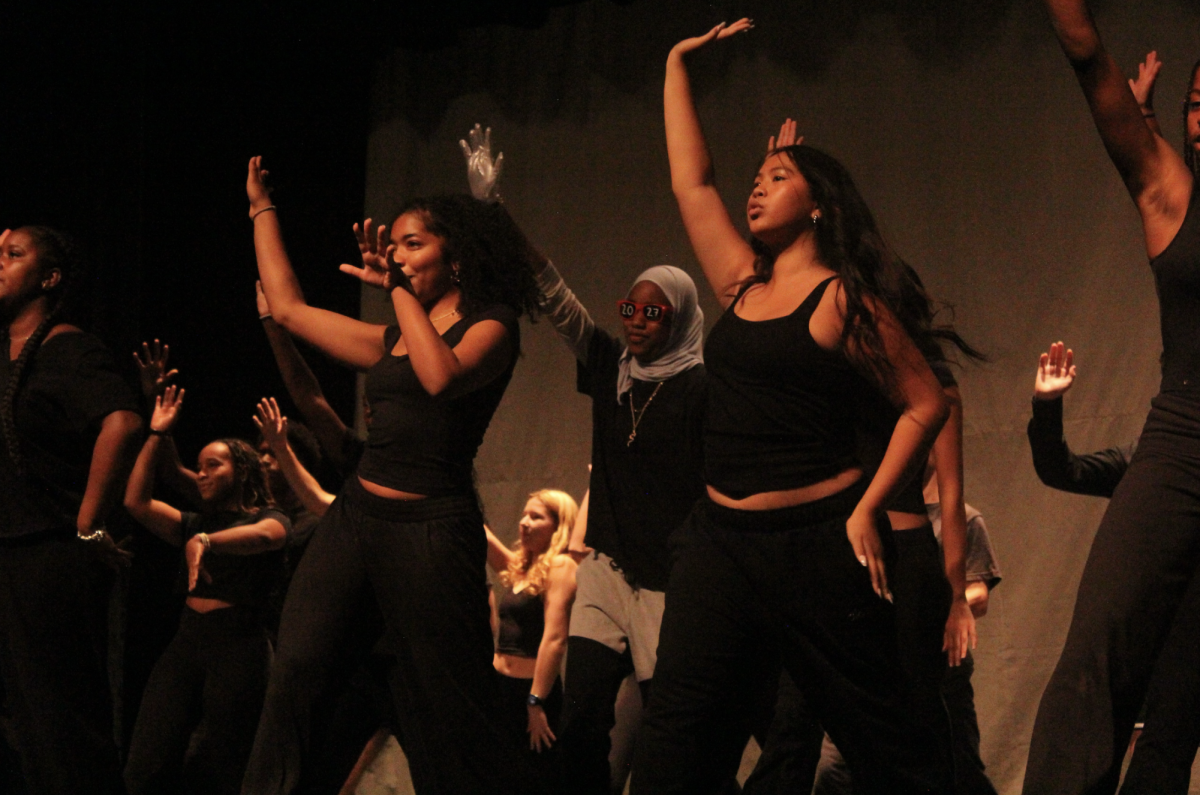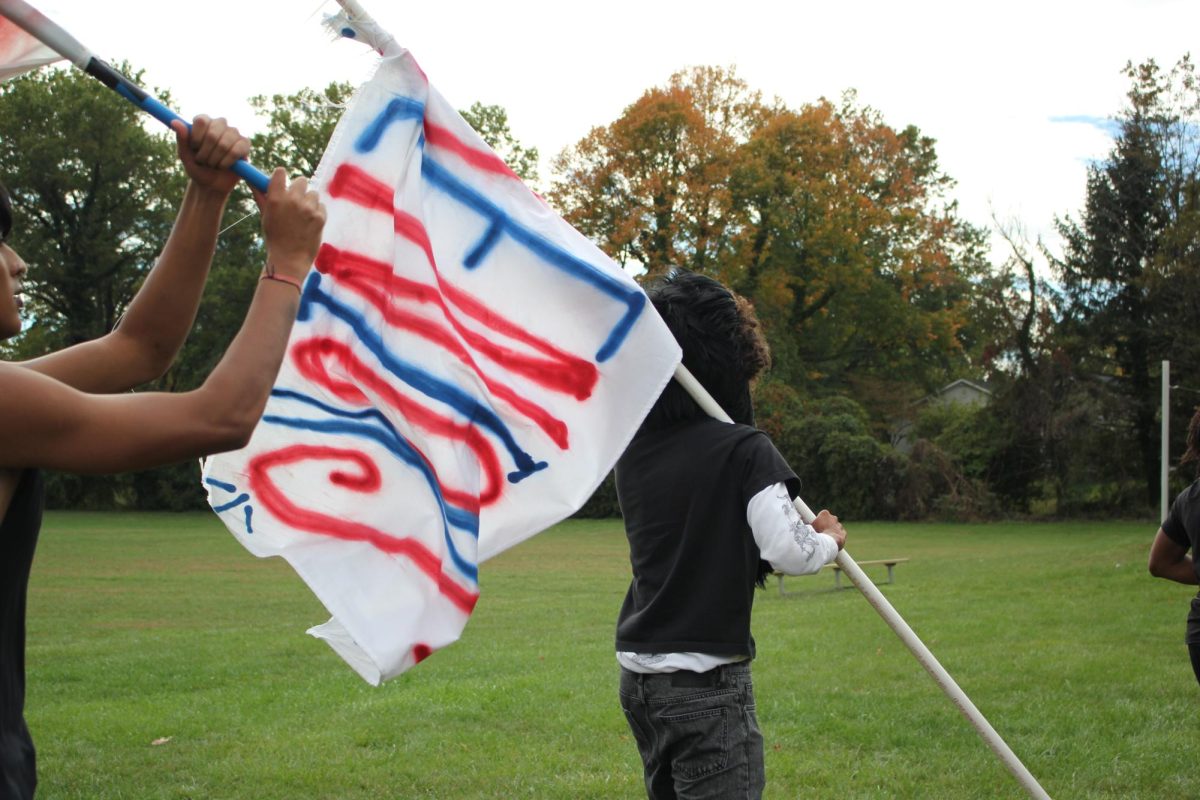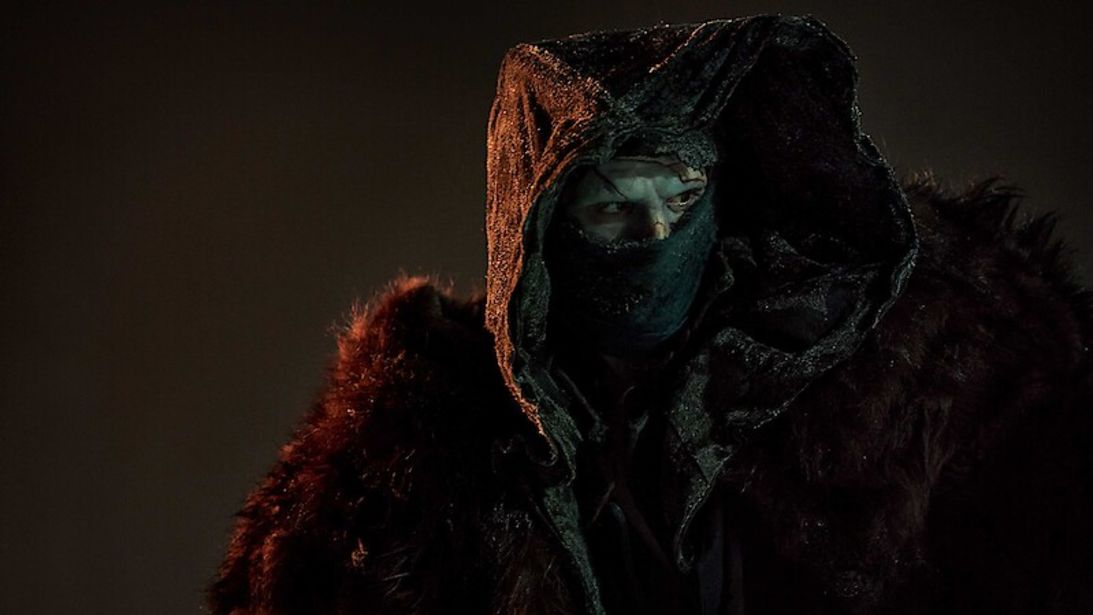The terrorist group known as ISIS continues to prove itself an organization of traitors to the religion they pretend to defend. Islam in its true form is undoubtedly a religion of peace, a religion adhered to by millions of faithful Muslims, including several people in the MFS community. The word “Muslim” itself literally means “one who submits to God.” But ISIS’s new comment that “We will reach America. Know also that we will cut off your [President Obama’s] head in the White House and transform America into a Muslim province,” is a reminder to all of us that Islamic radicals are not true Muslims in any sense of the word. Yet with all the terrorist groups who claim the mantle of Islam, from Al-Qaeda to ISIS to Boko Haram, everyday people are left unsure where the line between faithful person ends and violent zealot begins. To offer some personalized clarity on the matter, I sat down with a Muslim student, Senior Adam Mohsen-Breen, to get his take on the struggle within Islam.
WordsWorth: How do you personally define Islam, and more specifically your own faith?
Adam Mohsen-Breen: In general, I think Islam is pretty similar to other religions, like Christianity and Judaism. We all believe in one God. There are some differences in daily stuff, like praying five times a day, but I don’t personally follow that anyway! I pray maybe once a week. For me faith is very casual— I believe in God, but [the rules are] not a strict thing.
WW: Why do you think extremist Islamic groups have been so successful in the Middle East?
AMB: I think a big factor has been American policy. We’ve had troops there for twenty years. A whole generation of people have grown up seeing Americans as nothing but killers, who’ve killed their friends. I wouldn’t say that it’s the fault of America, but American policy has certainly influenced why we’ve had so many conflicts in the region.
WW: Do you think that actual Islamic doctrine has anything to do with extremism?
AMB: Absolutely not. I think it’s a perversion of the faith. It’s a cover by the extremist groups in terms of hiding the faults within Muslim communities.
WW: ISIS recently released a statement saying “We will reach America. Know also that we will cut off your [President Obama’s] head in the White House and transform America into a Muslim province.” As both a Muslim and an American, how do you respond to that remark?
AMB: In his last speech, I think President Obama really said it best when he reminded the nation that ISIS isn’t really an existential threat for America. Right now, they’ve just been grabbing oil fields in the Middle East. They’re not truly creating a Muslim caliphate. The media has overblown [the threat ISIS poses] to American society.
WW: Do you think Islam itself can ever remove the stain of the extremists giving it a bad name? If so, how?
AMB: More than anything, it’s just going to take time. We need time for average American citizens to get to know Muslims in the States. Islam is the fastest growing religion in the world, so as more and more people meet Muslims personally, and see that we’re not anything different, but just normal people, we’ll see that change. Only time can get rid of that fear.











